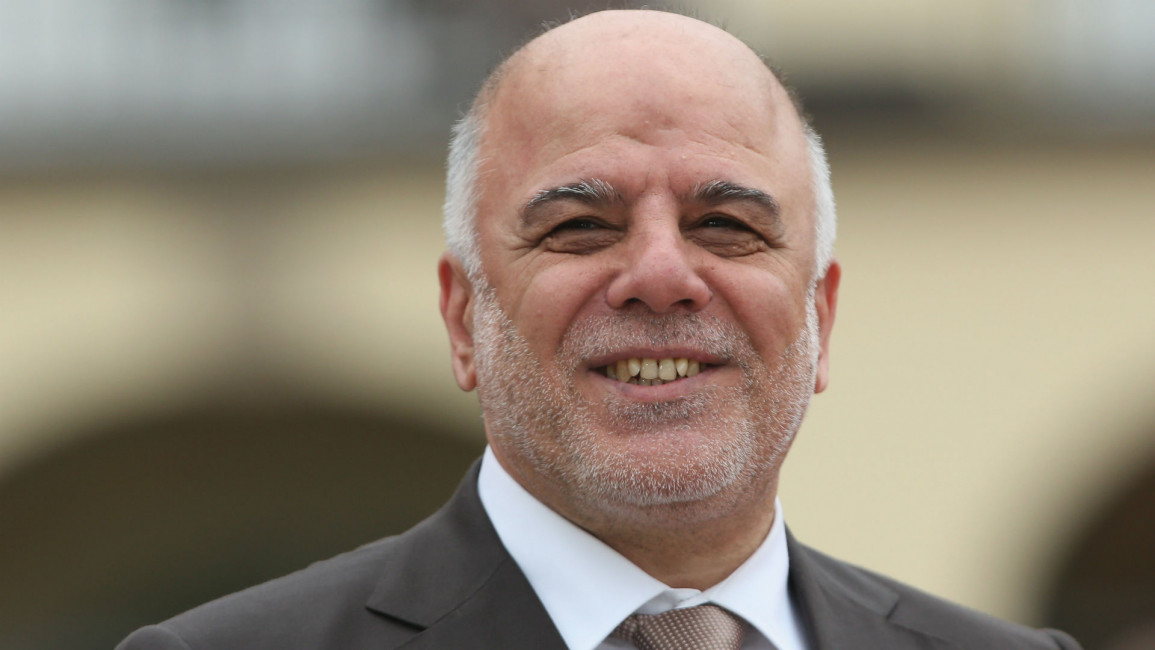Iraq's Sunnis threaten to withdraw from government and parliament
This forewarns of a new and imminent political crisis.
Vice President Ayad Allawi's office released a statement to the press saying: "The three leaders (president, prime minister, and parliament speaker) held a meeting last night at the president's residence to discuss the political and security situations in the country." The statement noted that the leaders discussed "laying out a comprehensive strategy for the war on Islamic State group (IS, formerly ISIS)."
"Allawi had raised the issue of national reconciliation as a priority among the topics discussed, in addition to a range of challenges related to issues concerning displaced people and services," the statement adds.
For its part, the Iraqi Forces Alliance (Sunni) threatened to "pull out of government and parliament if the government continued with its current policies."
| The government has no sincere intentions to implement the political agreement document Sunni alliance MP Talal al-Zobaie |
MP Talal al-Zobaie from the Sunni alliance told al-Araby al-Jadeed: "The government has no sincere intentions to implement the political agreement document that was signed and agreed upon before the formation of the government." He added: "The government has moved away from the political agreement document and the government programme that was agreed upon."
Zobaie pointed out that the most significant issues that had been agreed upon in the document concerned "general amnesty, national reconciliation, Accountability and Justice Law, and the National Guard law, all of which haven't been legislated for until now."
"The government has removed the original content of the draft laws, making them completely different than the clauses of the agreement, and has widened the circle of marginalisation and exclusion of Sunnis."
The State of Law Coalition, which is part of the National Alliance (Shia), said that the political agreement document was a "gap aimed at passing laws and customising them to suit some political entities in order to achieve personal interests."
Mohammed Al-Sahyoud of the State of Law Coaltion told reporters that "some political forces want to exploit the political agreement document for personal and partisan interests before the general interest of the Iraqi people."
"These blocs want to legislate for a National Guard law on a regional basis, a general amnesty law in a way that would free terrorists, murderers and criminals, and to abolish the Accountability and Justice Law that would allow Baathists and Saddamists to return to the political process and exercise political work again," Sahyoud added.
Iraq hasn't even emerged out of its old crises to come up with new ones, which are the result of an inability to achieve balance in state institutions.
Observers see that Iraqi Prime Minister Haider al-Abadi can't resolve the crises because political decision-making is in the hands of the Shia alliance and militias as well as Iran's.



